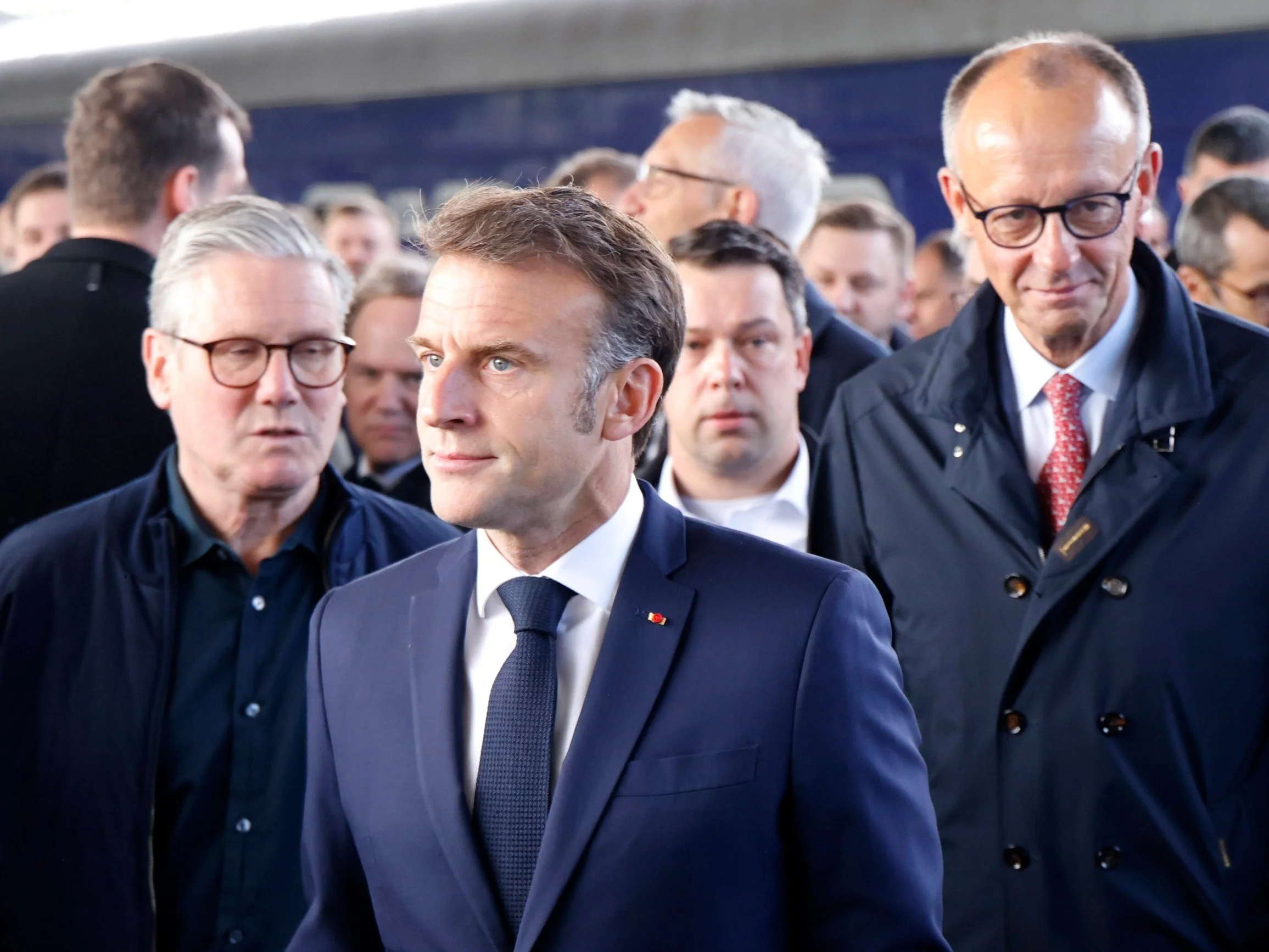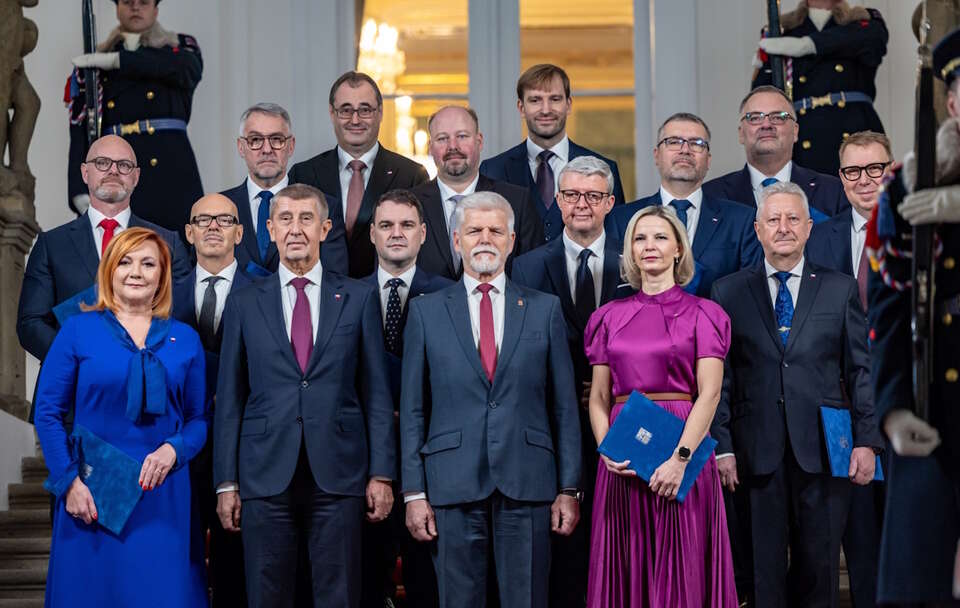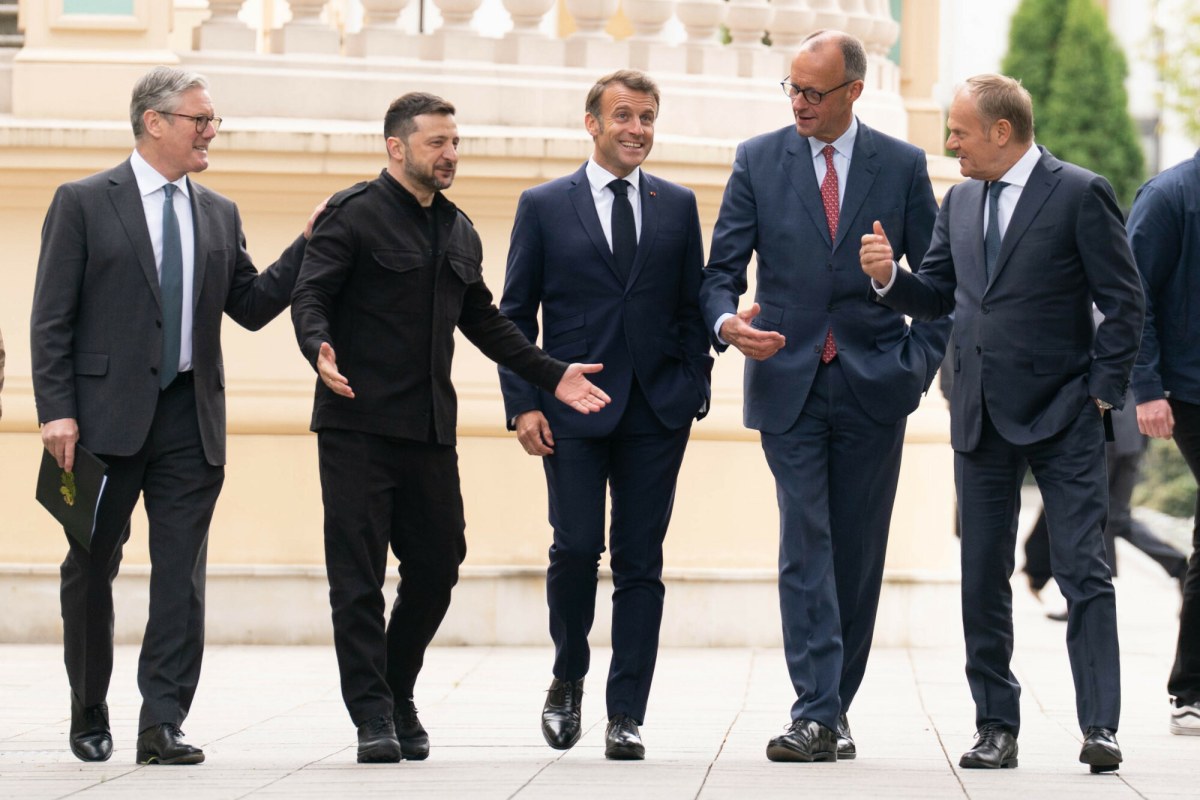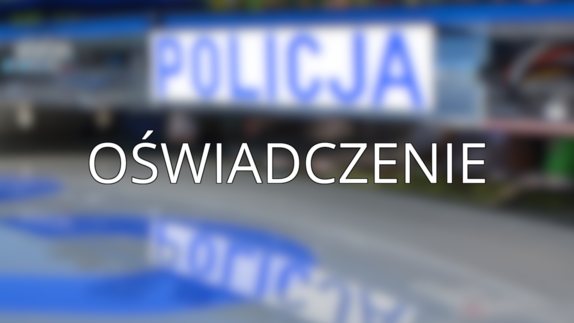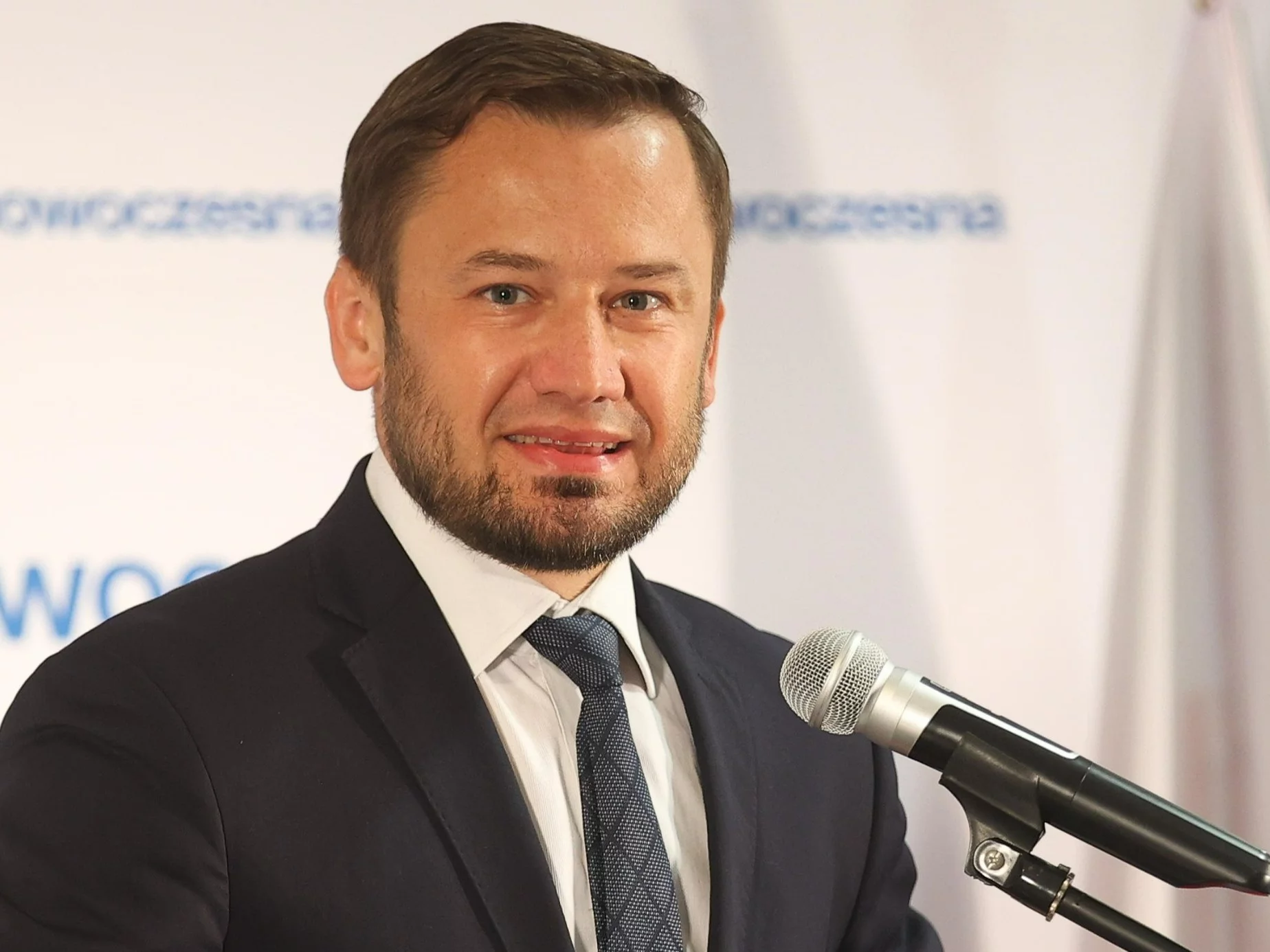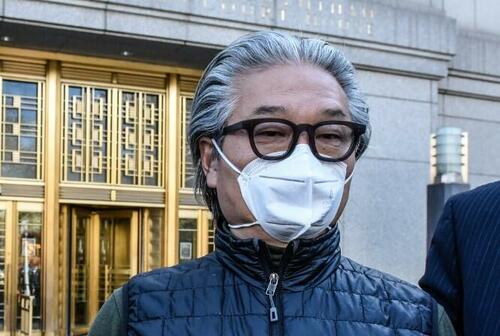
Market Manipulation Trial Over Bill Hwang’s Spectacular $36 Billion Implosion Begins This Week
The trial over Bill Hwang’s Archegos Capital Management begins this week.
The charges in Hwang’s trial come from the 2021 collapse of the $36 billion dollar Archegos and Reuters has said that testimony could last up to 8 weeks. Prosecutors have said that Archegos’ collapse led to $100 billion in shareholder losses at companies he held.
The trial is set to shed a light on how major Wall Street players accommodated, and potentially turned a blind eye, to risky tactics from a wealthy client. Hwang is being accused of using total return swaps to take massive positions in companies without holding their underlying stock.
As Reuters notes, the company faced crippling margin calls in March 2021 due to falling stock prices. This, in turn, led to significant losses for Archegos and its lenders, including Credit Suisse and Nomura Holdings.
Archegos founder Bill Hwang and CFO Patrick Halligan, charged with racketeering conspiracy and multiple counts of fraud and market manipulation, have pleaded not guilty.
They contest the prosecutors’ claims of market manipulation, which some legal experts view as a challenging case for the government. The trial is expected to feature testimony from Archegos’s guilty-pleading head trader and Chief Risk Officer, alongside potential appearances from bank executives.
Hwang was arrested in April 2022 and charged with racketeering conspiracy, securities fraud and wire fraud in connection with a scheme to manipulate the share prices of public companies in order to boost profits. He was then released on $100 million bail. At the time, he told authorities that he had „lost his passport” and so his wife surrendered hers instead. As we noted, he also lived just minutes from Teterboro airport in New Jersey.
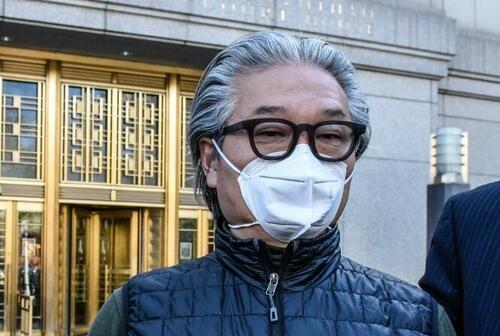
Chief Financial Officer Patrick Halligan, also pleaded not guilty and was freed on $1 million bail and had his travel limited.
According to the 40-page indictment, Hwang engaged in a „fraudulent scheme” that included „interlocking deceptive acts and misconduct, through false and misleading statements to security-based swap („SBS”) counterparties and prime brokers and manipulative trading designed to artificially move the market, which, in tandem, increased Archegos’s assets under management from around $4 billion to over $36 billion in just under six months.”
In order to overcome this issue, Archegos „chose not to rely on ordinary market forces,” and instead „engaged in a brazen scheme to manipulate the market for the securities of the issuers that represented Archegos’s top 10 holdings” by purchasing both securities and SBSs related to those issuers.
Archegos, through Hwang and Tomita, effected this scheme by dominating the market for its Top 10 Holdings, as well as by “setting the tone” (i.e., engaging in large pre-market trading), bidding up prices by entering incrementally higher limit orders throughout the trading day, and “marking the close” (i.e., engaging in large trading in the last 30 minutes of the trading day) and by other non-economic trading, all with the goal of artificially inflating the share prices of its Top 10 Holdings.
To fuel the alleged manipulation, Archegos used margin extended by counterparties – which Hwang and crew 'deliberately misled’, because had they answered truthfully after they began asking questions, it „would have led Archegos to exhaust the finite trading resource that its Counterparties provided.”
As a reminder, Archegos amassed a concentrated portfolio of stocks well in excess of $100 billion by using borrowed money in the form of TRS, which kept the exposure on the books of the various prime brokers working with Archegos, thus allowing Hwang to hide his full exposure.
Hwang is a former protégé of hedge-fund titan Julian Robertson, who founded Tiger Management in 1980, which as the Wall Street Journal reports, turned $8.8 million into nearly $22 billion. Several investors trained by Robertson became known as the „Tiger cubs.”
Tyler Durden
Mon, 05/13/2024 – 10:20

 1 rok temu
1 rok temu

